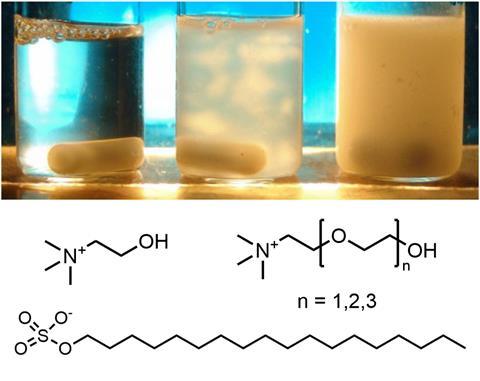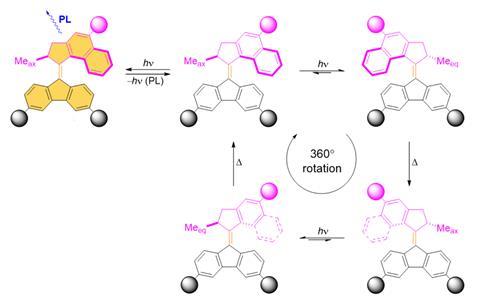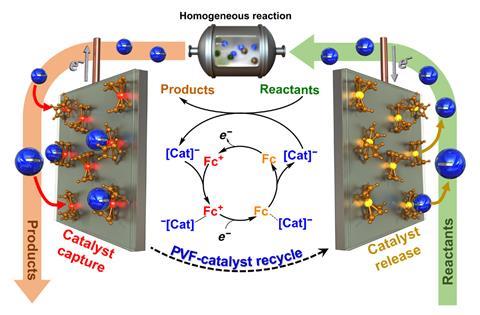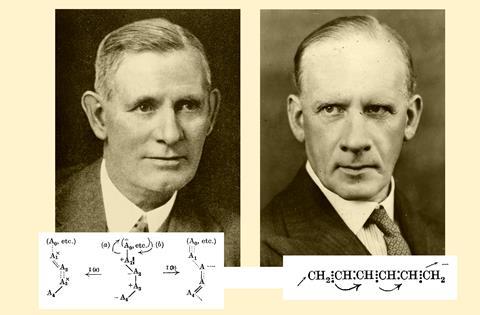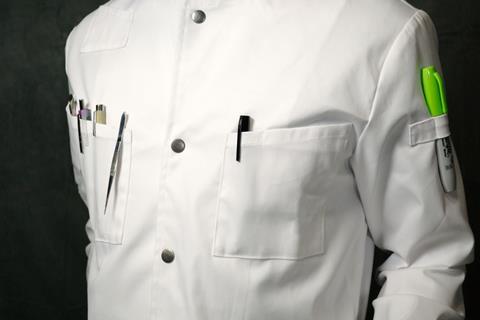Nearly 50,000 academic researchers, postdocs, graduate students and teaching assistants at all 10 campuses of the University of California, US, and Lawrence Berkeley National Laboratory are set to begin a massive strike today over what they deem unfair labour practices related to insufficient pay, rights and benefits. ‘We have been bargaining throughout the weekend, and […]
Read More
